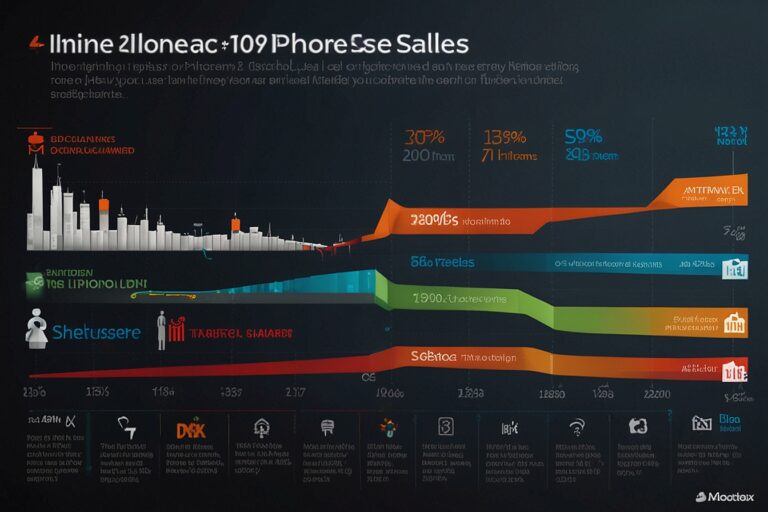
TL;DR
- Tether has increased its stake in Juventus FC to over 10%, becoming the second-largest shareholder after Exor.
- The USDT stablecoin issuer has requested a board seat and participation in a recent capital increase.
- Although the initial requests were not accepted, a new meeting has been scheduled to continue discussions.
- Tether says it wants to be an engaged partner in rebuilding the club, following years of underperformance since its last title in 2020.
- The move underscores Tether’s growing ambitions beyond crypto, including strategic investments in traditional sectors like sports and media.
Tether Targets Governance Role in Italian Football Giant
Tether, the blockchain company behind the world’s largest stablecoin USDT, has signaled its intention to take a more active governance role at Juventus Football Club, one of Europe’s most storied soccer teams.
In a statement shared with CoinDesk, Tether confirmed that it has formally requested a board seat at Juventus and participation in the club’s recent capital increase.
“While these requests were not taken up at the time, a new meeting date has since been proposed, and we are currently coordinating with stakeholders to confirm availability or suggest an alternative if needed,” Tether stated.
The move follows a gradual accumulation of Juventus equity, including a jump from 8.2% ownership in February to over 10% in April, positioning Tether as Juventus’ second-largest shareholder.
Strategic Ambitions Beyond the Blockchain
This development is part of a broader effort by Tether to expand its investment portfolio beyond the digital asset ecosystem.
While it remains primarily known as the issuer of USDT, which commands over $100 billion in circulation, Tether has made headlines for non-crypto strategic initiatives, including renewable energy projects, infrastructure in emerging markets, and now European football.
“[Our] intention is to be a supportive and engaged partner in the club’s future,” Tether said. “We recognize that significant investment will be needed to build a competitive squad, and we are prepared to contribute meaningfully to that effort.”
The company’s entrance into football aligns with a growing trend of crypto and Web3 firms entering the sports arena as a way to expand brand visibility, cultivate mainstream credibility, and diversify capital deployment.
Tether’s Position at Juventus
| Metric | Value | Source |
| Tether’s Ownership in Juventus | Over 10% | CoinDesk |
| Ownership in February 2025 | 8.20% | Bloomberg |
| Largest Shareholder | Exor (65%) | Juventus Investor Relations |
| Last Serie A Title | 2019–2020 season | Serie A Records |
| Stablecoin USDT Market Cap | $112 billion (as of June 2025) | Tether Transparency |
Juventus’ Rebuilding Era Draws Investor Attention
Juventus, known colloquially as “I Bianconeri” (The White and Blacks), dominated Italian football in the 2010s, securing nine consecutive Serie A championships between 2011 and 2020.
However, the club has experienced on-pitch decline in recent years, failing to reclaim the league title and placing between third and seventh in each of the last five seasons. This rebuilding phase presents an opportunity for strategic investors like Tether to contribute both capital and operational insights.
With Exor, the holding company of Italy’s Agnelli family, retaining a 65% stake, any governance shifts will likely involve complex negotiations. But Tether’s growing equity stake gives it leverage to push for board-level influence as it seeks to shape the club’s strategic direction.
Tether’s Move Mirrors Institutional Trends
Tether’s push for board representation is consistent with broader trends in institutional investing, where minority shareholders seek governance rights to protect their financial exposure and influence operational decisions.
Such moves are common in private equity and venture capital, but less typical for crypto firms—especially those operating outside Europe’s traditional financial centers. By pressing for a board seat, Tether is blending fintech aggression with old-world corporate diplomacy.
It’s also a sign of maturing governance at Tether itself. Under CEO Paolo Ardoino, the company has moved toward greater transparency, regular reserve attestations, and deeper global partnerships—including initiatives in El Salvador, the UAE, and now Italy.
Capital Increase Proposal Still in Play
In addition to its board seat request, Tether asked to participate in Juventus’ recent capital increase, signaling a willingness to deploy additional capital to support the club’s financial stability.
While the initial proposal was not accepted, discussions are ongoing. According to Tether:
“A new meeting date has been proposed, and we are coordinating with stakeholders to confirm availability or suggest an alternative.”
This signals a diplomatic tone in Tether’s approach—assertive, but collaborative.
Crypto Meets Calcio: A New Chapter in Sports Finance
The crypto sector’s intersection with sports is not new. From Crypto.com’s sponsorships to Fan Token launches by Socios.com, blockchain firms have long seen sports as a high-visibility opportunity. However, Tether’s equity-driven, governance-focused strategy marks a shift toward more permanent financial partnerships.
As regulatory scrutiny intensifies in both crypto and sports finance, Tether’s Juventus initiative will serve as a test case for how deeply crypto-native firms can integrate with legacy institutions.
The outcome of its board seat bid could set precedent for Web3 capital influencing old-world governance, particularly in sectors where fan engagement, financial health, and global branding intersect.




